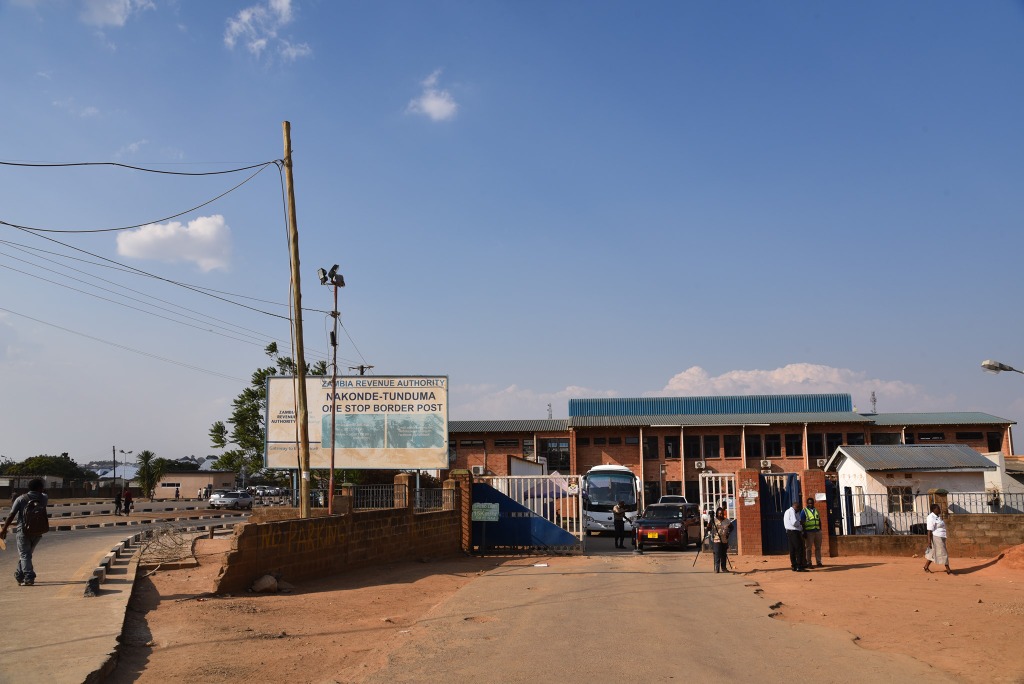
There is need to shift approaches in border management in the region to focus more on facilitation as opposed to control in order to ease free movement of persons. This will facilitate regional trade and lead to higher levels of integration and economic development.
This was expressed at the 11th meeting of the COMESA Chiefs of Immigration held virtually on Tuesday 2nd March 2021. At the meeting, it was observed that free movement of COMESA citizens to other Member States has been constrained for years despite the adoption of the Protocol on the Gradual Relation of Visa Requirements and implementation of the Protocol on the Free Movement of Persons, Labour, Services, the Right of Establishment and Residence. The Protocol was adopted in 2001 but is yet to be in force.
Speaking during the Meeting, Dr Kipyego Cheluget said Member States have so far agreed on a number of programmes which will eventually lead to the implementation of the above protocols. However, this will be achieved must faster if countries focused less on border controls towards border facilitation without compromising on their security.
The meeting was convened to consider the progress report of the Small-Scale Cross Border Trade Initiative and a report on the Migration Component of COMESA Trade Facilitation Project all funded under the 11th European Development Fund Programme.
Dr Cheluget pointed out that trade and migration were drivers of development and therefore accurate data is required, which unfortunately lacks in the level of disaggregation for evidence-based policy making.
It is abundantly clear at regional and national levels that there are significant variations in data availability that leads to compilation challenges,” he said.
To address this, COMESA is implementing the Southern African Migration Project under the auspices of the United Nations agencies including the International Labour Organization, the International Organization on Migration, the UN Office on Drugs and Crime and UNHCR .
COMESA is also working with Sweden to implement the Developing Capacity in Migration Statistics project. This project will help increase national capacity in migration data collection for the effective management of migration. It will enhance the availability, quality and comparability of migration data, which are key in effective migration management.
Migration has been referenced under the Sustainable Development Goals under target 10.7 which calls upon States to make efforts towards the facilitation of orderly, safe, regular and responsible migration and mobility of people, such facilitation can only be done through the implementation of planned and well-managed migration policies. In addition, the COMESA Treaty provides for the creation of a fully integrated, internationally competitive regional community within which goods, services, capital and labour are free to move across borders.
The informal cross-border trade in COMESA region has been identified as a vibrant micro-entrepreneurial sector with significant potential to help alleviate poverty, contribute to food security as well as serve as an empowerment tool for women and the youth, if managed efficiently.
At the meeting, the following papers were also discussed: Implementation of Developing Capacity in Migration Statistics project in COMESA, the Southern Africa Migration Management (SAMM) Project with a focus on COMESA Components, and the COMESA-MIEUX+ International Center for Migration Policy Development (ICMPD/EU) Migration Project in addressing Challenges Posed by the COVID-19 Pandemic.
The outcomes of the meeting of the Chief of Migration will be tabled before Ministers Responsible for Immigration for adoption.

